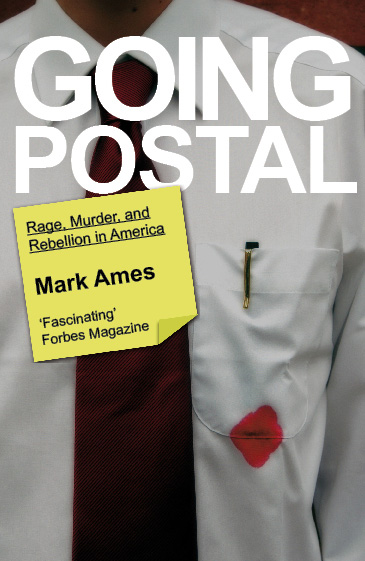www.common-place.org -- In 1889, Harvard economist Francis A. Walker described the "social effects of paper money" that ranged from bad taste—"wanton bravery of apparel and equipage"—to dangerous consumer desires, which undermined the father’s authority. Paper money, Walker observed, led to the "the creation of a countless host of artificial necessities in the family beyond the power of the husband and Father to supply without a resort to questionable devices or reckless speculations." Not only driven to recklessness, these fathers adopted "humiliating imitations of foreign habits of living." Paper money undermined "that fit and natural leadership of taste and fashion which is the best protection society can have against sordid material aims." And it elicited "manners at once gross and effeminate," which led to "democracy without equality or fraternity, and exclusiveness without pride or character."
Click here to read full article...
Read more:, , What You Should Know


Got something to say to us? Then send us a letter.
Want us to stick around? Donate to The eXiled.
Twitter twerps can follow us at twitter.com/exiledonline















Leave a Comment
(Open to all. Comments can and will be censored at whim and without warning.)
Subscribe to the comments via RSS Feed